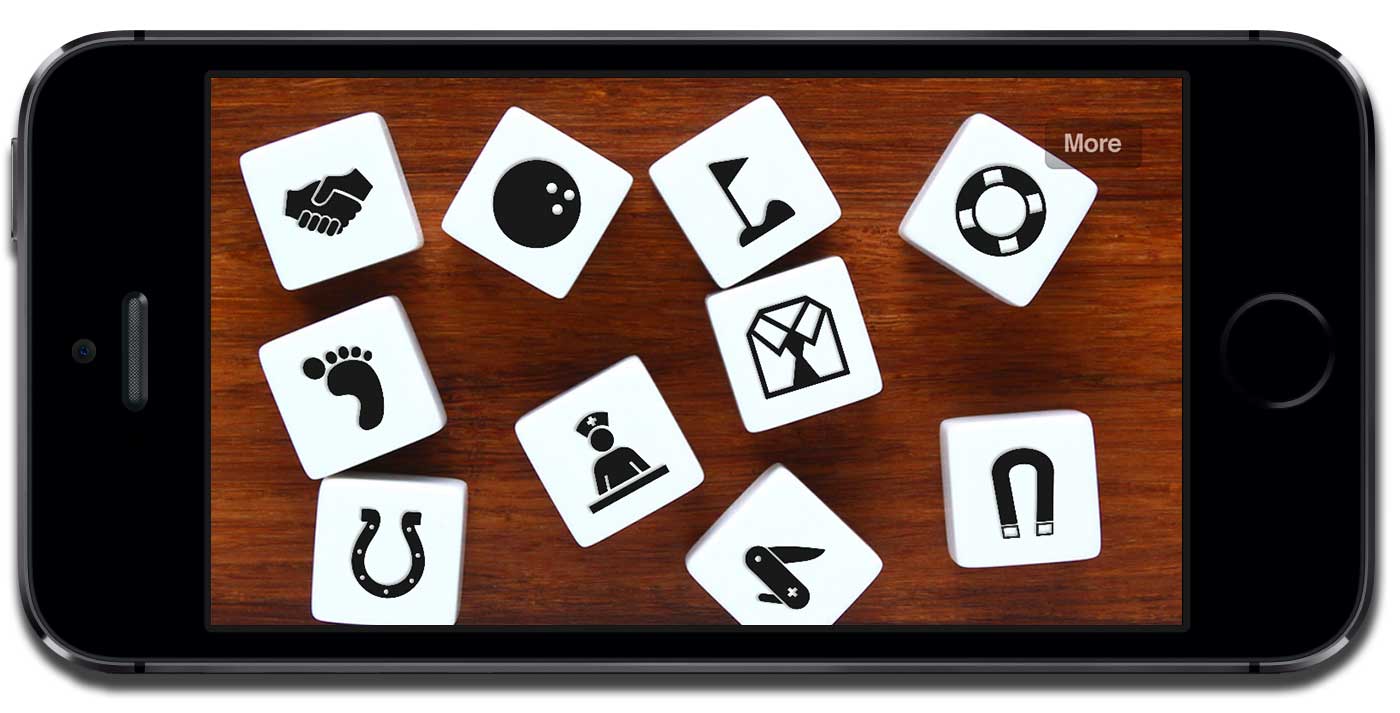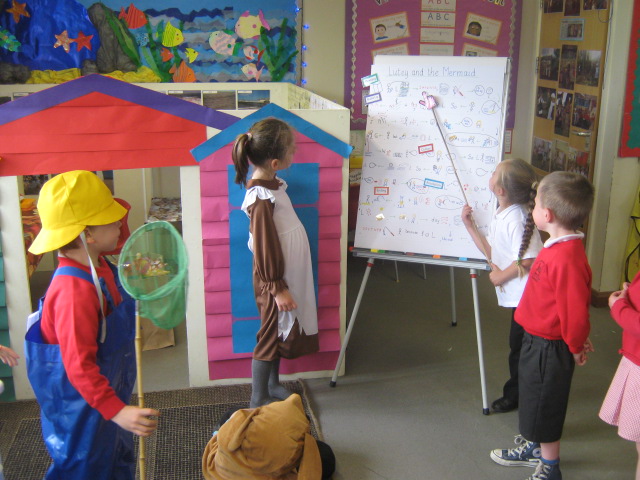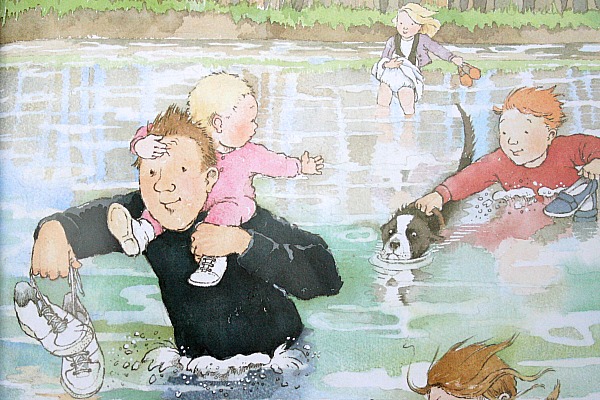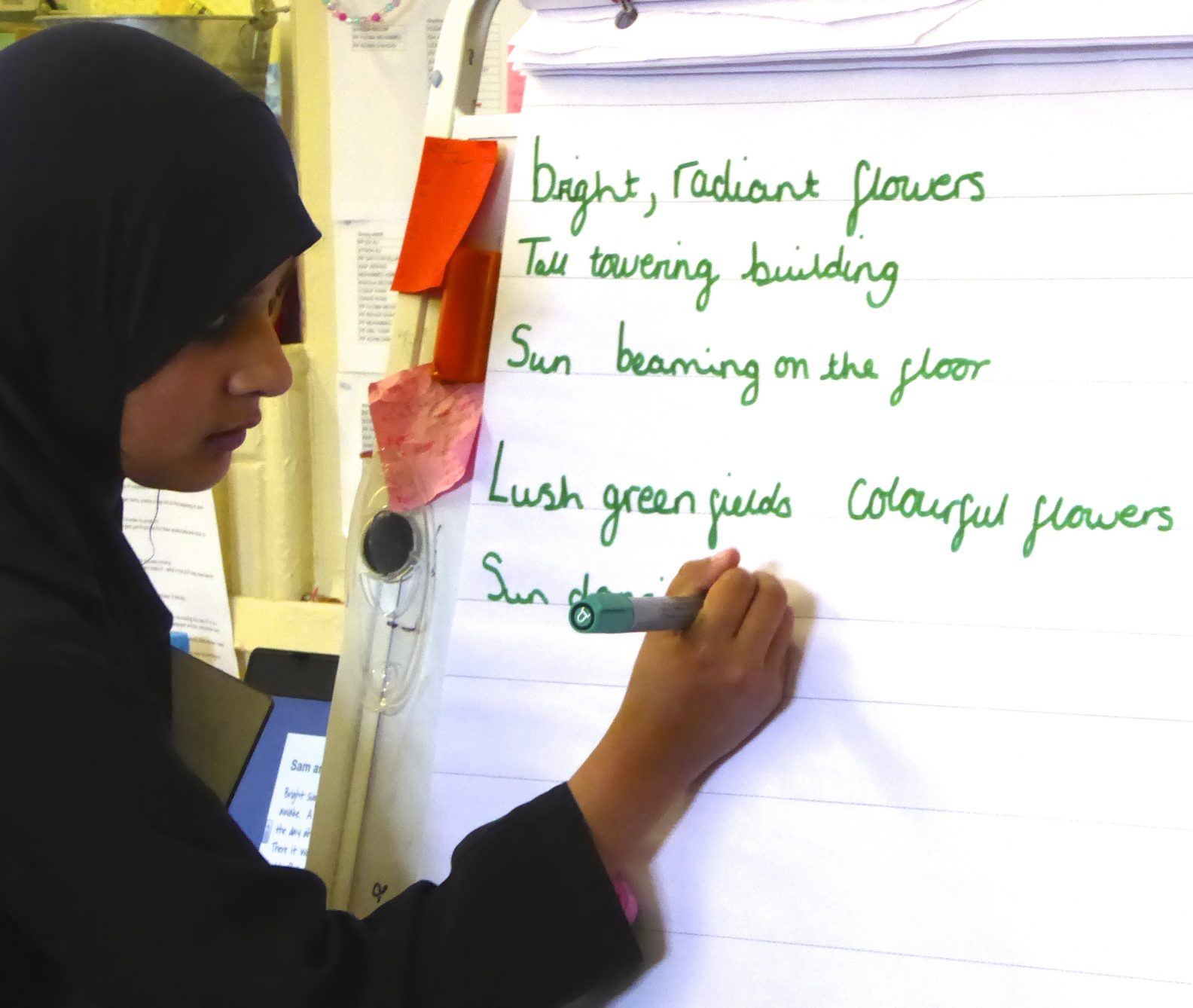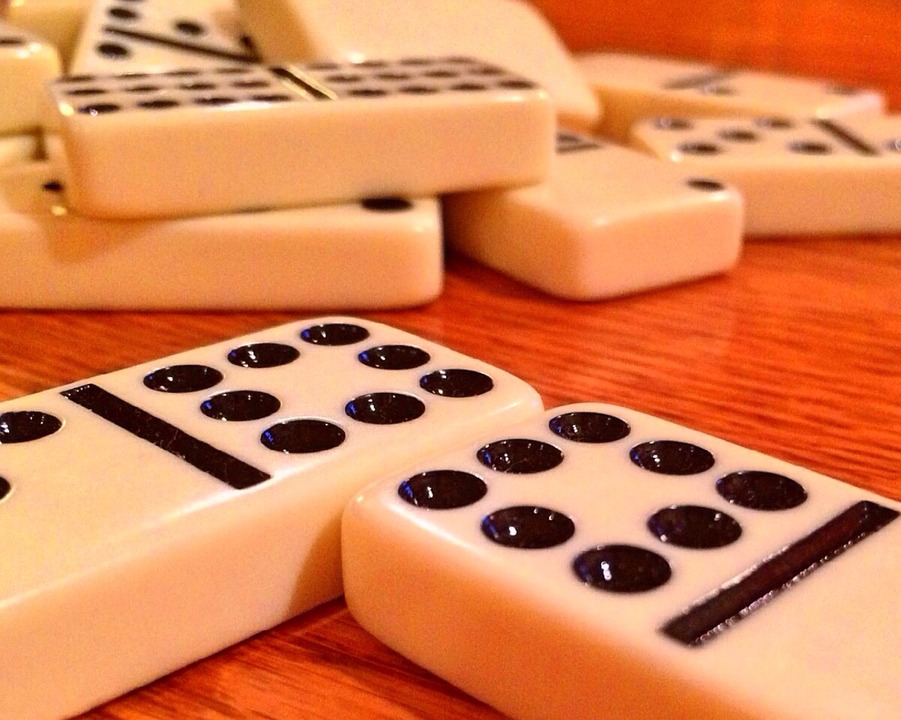This article will explore a number of apps that lend themselves to the Talk for Writing process and ethos. Focusing on the Top 5 (according to Talk for Writing expert Maria Richards) in a number of categories, these apps will hopefully get you started on your iPad and Talk for Writing journey!
Jumpstart imitation games
This document contains suggestions for ‘jumpstart’ imitation games – activities to stimulate children’s interest in and deepen their understanding of a story.
Stories for Nursery and Reception – a few recommendations
In this document, Talk for Writing expert Carol Satterthwaite provides a few recommendations of stories to use with Nursery and KS1 groups, along with her reasons for selection and some ideas for how these texts could be used in class.
Story reading into writing
In this document Pie Corbett explains the concept of reading as a writer and the processes involved in teaching children to understand and use different styles of writing. The document also includes toolkits for use in class.
A-Z of poetry reading ideas
In this document Pie lists an A-Z of ideas for how a poem could be used in class.
A guide to successful class blogging
James Walker from Knowle Park Primary School in Bristol shares his tips on what he has found effective when writing blogs with his class.
Grammar dominoes game
Word dominoes can be an excellent way of consolidating the pupils’ confidence with using the key vocabulary of any unit and is great for grammatical terms. The aim of this game is to be able to link all the dominoes in a line.
Matching activities
Matching activities are much more fun and more effective than grammar exercises because they involve the pupils in discussing the best fit. This document contains examples of matching grammar activities to embed understanding once classes have been taught the features referred to.
Text ingredients game
The Text Ingredients Game is a great game for building older pupils’ confidence in understanding the typical key ingredients of the different text types. It can be adapted to reflect the terminology that your class should be familiar with.
Punctuation sorting game
This document is a downloadable printable sheet of punctuation sorting cards. It is referenced in the Jumpstart Grammar book. Grammar tests are becoming increasingly difficult with more emphasis on the naming of obscure parts, for example the past progressive.




